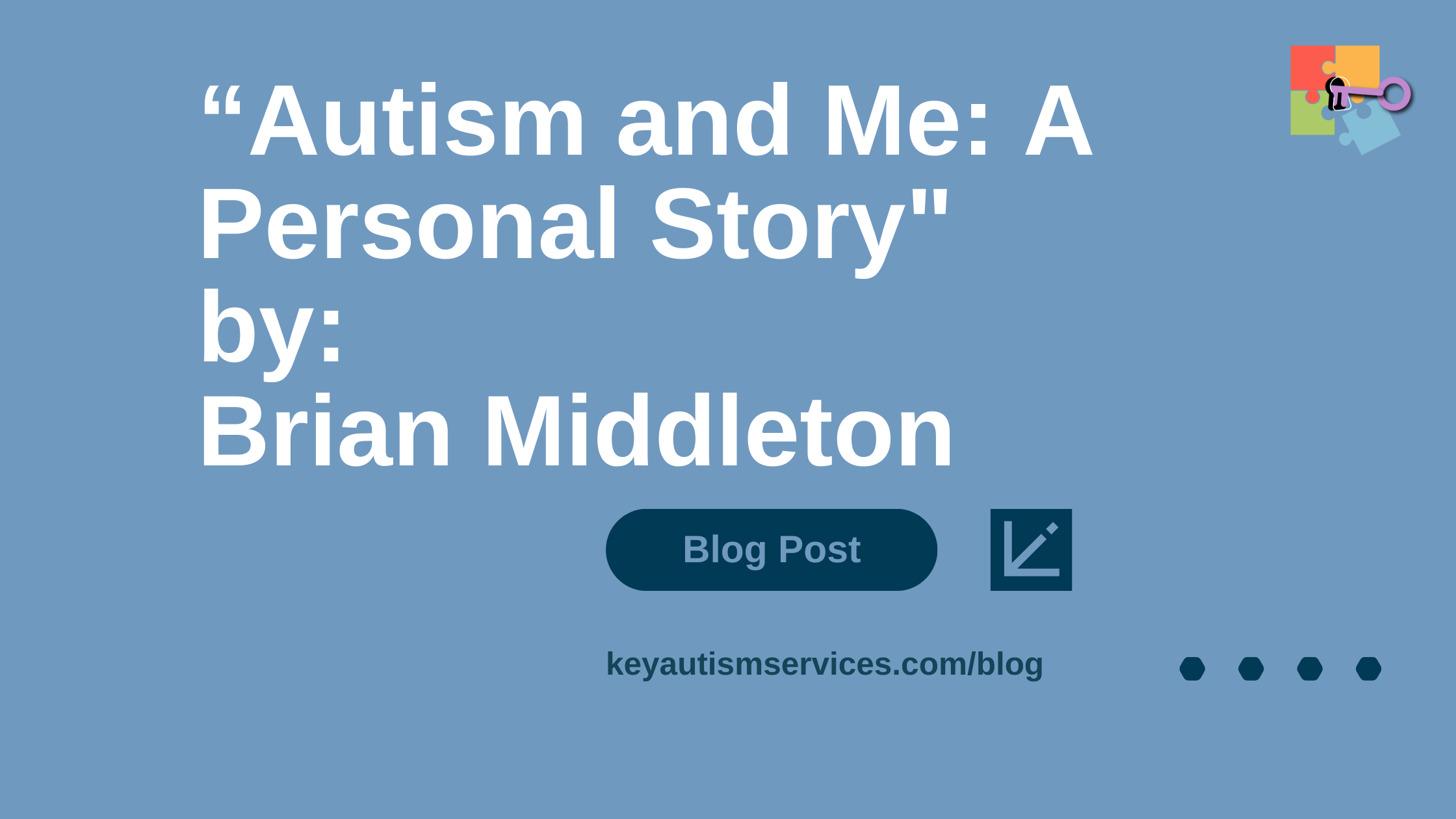Being on the Autism Spectrum can be challenging for any individual and their respective
families. Each stage in life has its strengths and weaknesses, whether having any disorder
or being typical. One must remember that “One individual with Autism is one individual with Autism.”
When younger and in the early development stage, basic needs must be considered to support the
child. Challenging behaviors occur when those needs are not met and communication or any
type of basic socializing are huge deficits. Early intervention supports teaching some basic skills
and overcoming some critical barriers. As beneficial as it is to ensure early intervention, the
individual with autism may not be able to overcome all their deficits by the time they become
teenagers.
Being a teenager comes with all the joys and challenges in that adolescent phase. The thing
about Autism is that the chronological age and developmental age may not be the same. A
teenager with Autism may have the needs of a younger individual and may demonstrate behaviors
that do not align with their age. But their body ages, and with that comes the sensations and
needs that then cause confusion and may make things seem even more complex and
challenging.
Tips to help your teenager thrive
Let us look at some tips that you could keep in mind when trying to help your teenager
with Autism be more successful and have a positive quality of life:
- Keeping a structured routine and schedule does help immensely. Regular mealtimes,
work times, bedtimes, etc. should be ensured. If a disruption to these routines is
expected plan and prepare for them. For unexpected disruptions, work with your ABA
team to help build your teenager’s tolerance and flexibility with those changes.
2. Self-care. Ensure that you take the time to teach your teenager with autism about
hygiene, self-care, grooming, and other basic etiquette. This domain can be a huge
challenge but a particularly important one that can increase your teenager’s self-esteem. Ask
your ABA team to help you with this!
3. Enjoy time with your teenager. It may involve spending quality time with them, in their
space, doing things that they enjoy – whether a video game, painting, artwork, listening
to their favorite must-watch show/video with them, making a snack, etc. It would
be beneficial to plan time for trips into the community or other activities that you can
both enjoy.
4. Involve the family if you can. Family is important and ensuring that every family member is respectful
to one another is a beautiful skill to teach. Tolerance others’
likes and dislikes, respecting the needs for personal space, watching out for each other,
etc. are also important skills to teach the whole family. One effective way is by making
time and getting together to do activities such as playing board games or cooking
together. You could use visuals if needed to help “teach at the moment.”
5. Communicate with your teenager with Autism. Sometimes “not saying much” but
listening to them or observing their reactions to things happening in their environment
can be powerful. Arguing, raising your voice, and constantly insisting on what you
want can make situations and everyone’s mood worse. Take a deep breath when you
disagree and reflect before saying anything. Discuss calmly when everyone is calm so
that they can make sense of what you are saying. This also helps you, the parent
listen to what your teenager with autism is saying or be able to observe what your
limited verbal teenager is trying to demonstrate by their actions. Teaching calming
down and coping strategies can be highly effective before a tough situation
occurs. Enlist the help of your ABA team to support you with teaching these skills.
6. Encourage making friends and meeting them. Learning by observation can be
immensely powerful. Help your teenager with Autism by joining social groups and
practicing in the real world. Providing guidance, feedback, problem-solving, and real-life
safe social experiences will support your teenager to thrive and enjoy a beautiful life
with confidence.
Navigating phases of life
Every phase in life can be beautiful. Navigating difficult phases can be made less stressful by following the
tips above. The team at Key Autism Services can provide additional help if needed.






